Metaphor: ReFantazio‘s fantasy motif is prevalent in all aspects of its design, both emphasizing and subverting these themes in clever ways. The fantasy of a utopian society is, in itself, a cornerstone of the protagonist’s development, with Metaphor‘s political journey hinging on the understanding of the United Kingdom of Euchronia’s harsh realities as the party moves forward to enact change. The game consistently references the novel that the protagonist reads from to showcase these desires, though it takes these themes a step forward by framing the party’s own journey as a storybook, weaving this motif into exploration.
Adventuring on the gauntlet runner is a large part of the literal hero’s journey that the protagonist undertakes, with Metaphor: ReFantazio‘s rich world opening up through the Tournament for the Throne. Though there’s a ton to do inside the gauntlet runner between building bonds and raising royal virtues, the true excitement lies in the new locations that open up along the Kingdom’s many routes, allowing the party to tackle dungeons, shop in quaint villages, and appeal to constituents. As the gauntlet runner moves from one place to the next, Metaphor takes extra care in making its adventure feel tangible through beautiful narration, having More recount the journey as an author of their tales.
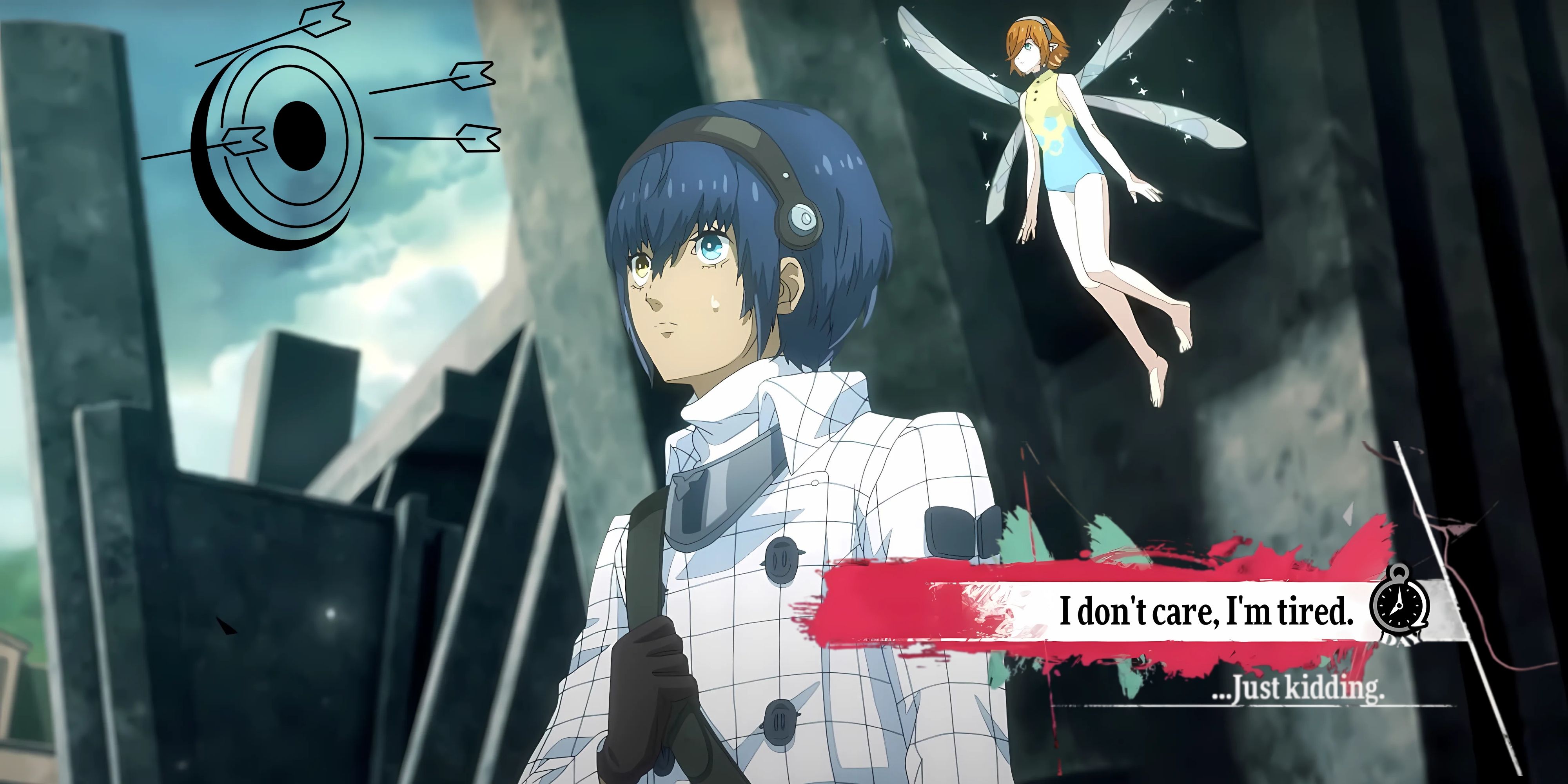
Related
Metaphor ReFantazio: All Missable Content Guide (Quests, Followers, Items)
There’s a lot of content in Metaphor ReFantazio, and several things are missable which is why this guide will come in handy for completionists.
Narrating the Journey on the Gauntlet Runner
More’s narration, voiced by the talented Greg Chun, plays off Metaphor‘s beautiful prose and attention to detail, incorporating environmental description with the perceptions of Euchronia’s locations, many steeped in fear and magla-drawn monsters. Even stopping at campsites has More narrating about the safety of the gauntlet runner, protecting the party from the enemies that lurk just outside its walls. Though these moments serve as loading screens in between areas, they hardly seem like a wait; the way that More recounts the player’s journey adds much to Euchronia in the same way a story would, lending credence to its world-building beyond party dialogue or visual cues.
Taking in the Sights Through Metaphor’s Vistas
With this said, Metaphor‘s artistic direction certainly helps add impact to More’s narration, particularly when the party stops at sightseeing locations. Along Euchronia’s routes, Neuras will halt the gauntlet runner at breathtaking sights like the Prismatic Sea, allowing the group a moment of respite to take in the views. Some of these locations are more solemn than others, having the party shout from cliff tops, mourn the bones scattered beneath a bridge from the old world, or take in the remnants of a floating island from just above the clouds. The way that magic is woven into Euchronia’s land is emphasized here, showing that there is more to this element than just the igniters that the Kingdom’s wealthier residents wield.
Some of these locations will reference the Hero Kings, from which the Archetypes are embodied. One particular vista, the Solstice Crossing, makes clever use of this through its fall-like environment; players will notice that journeying through Euchronia takes them through vastly different terrain, from Grand Trad’s deserts to Virga Island’s coastal waters, despite being situated relatively close together. The party speaks of tales that the Solstice Crossing’s autumn leaves remain fixed that way through the work of the Faker King, whose magic also keeps the snow falling on Montario’s nearby mountains year-round. This environmental diversity in the world map adds a ton to Metaphor‘s visuals, going so far as to influence combat through the press turn/inclement weather system.
The irony of Metaphor‘s world is that, despite being a medieval fantasy in the eyes of players, the characters of the game themselves feel trapped in their sense of reality. The burdens of its world are explored and tackled through the protagonist’s push towards change, and as the party reads from the utopian novel alongside him, the “fantasy” of this utopia feels more attainable through their collective efforts. Helping to reinforce both their triumphs and obstacles through More’s narration, sight-seeing locations, and Metaphor‘s calendar system makes this adventure and the changes the party works towards feel like a true fantasy expedition, worthy of a king to the throne.
Source link
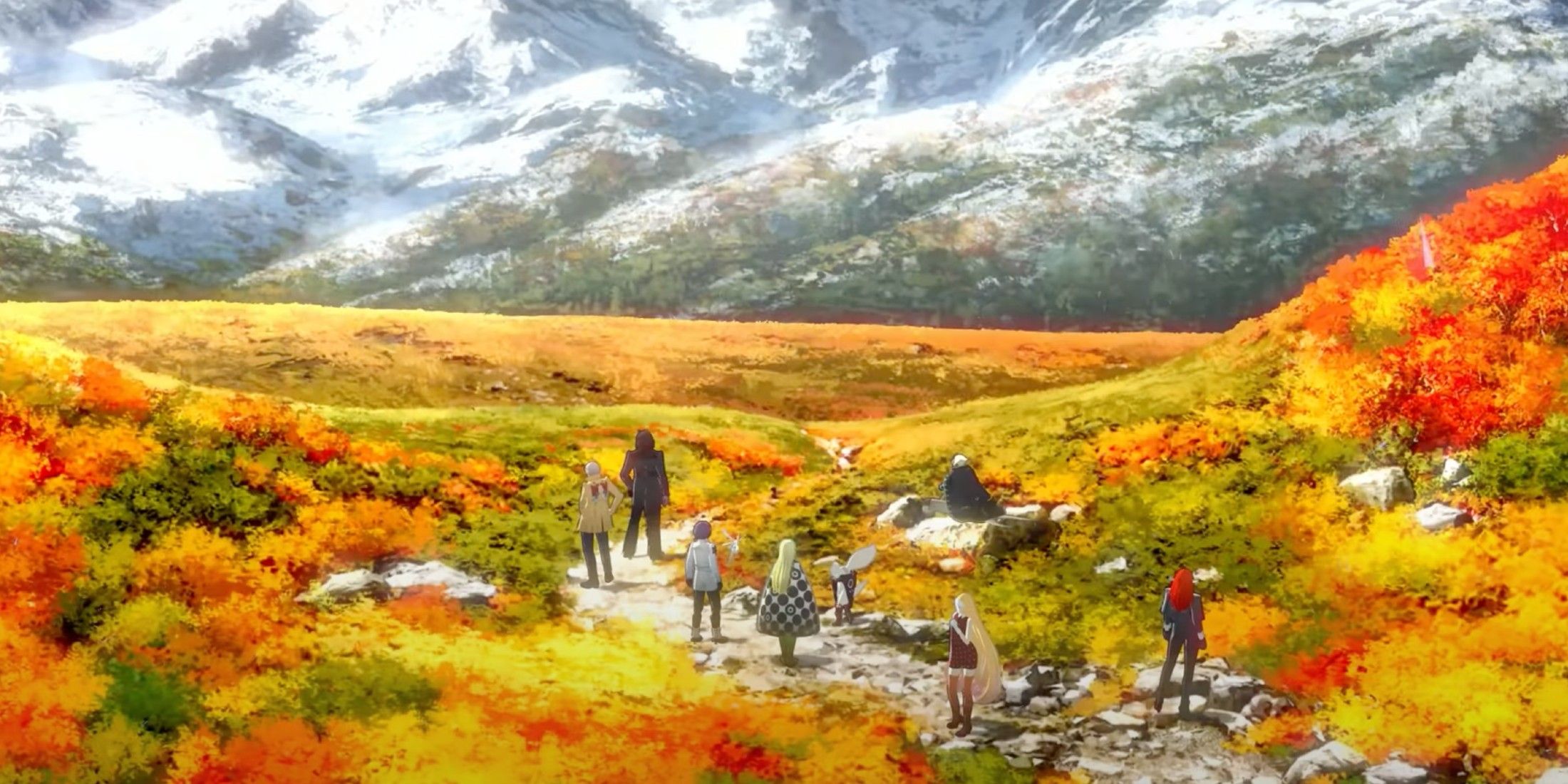
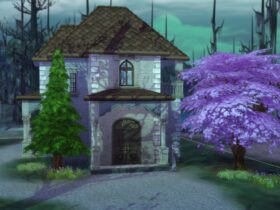
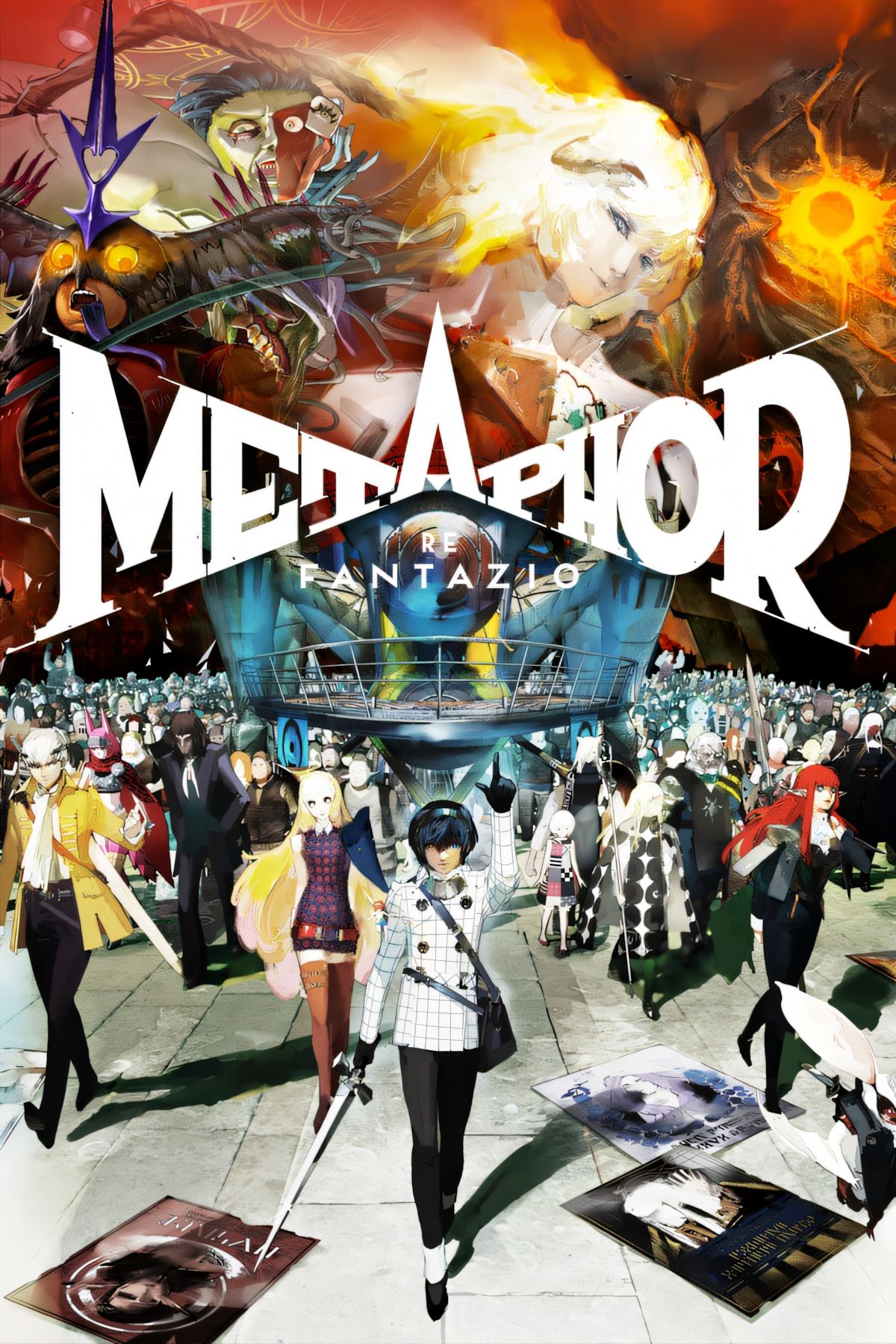
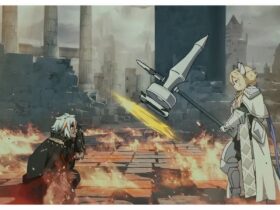
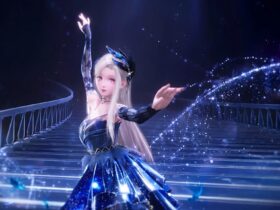
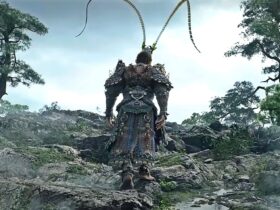
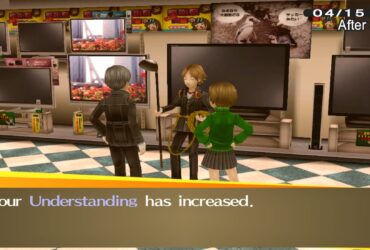
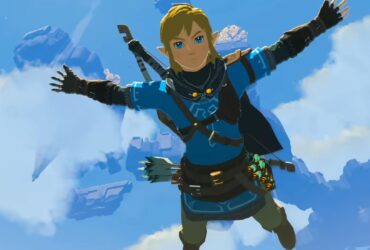
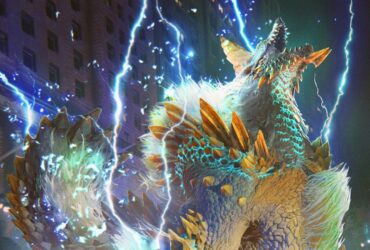
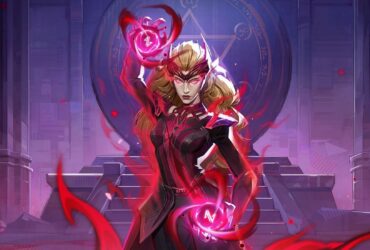
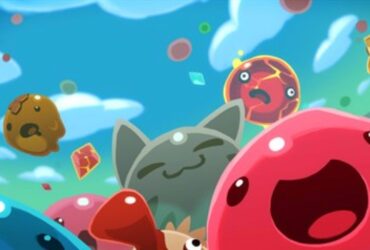

Leave a Reply